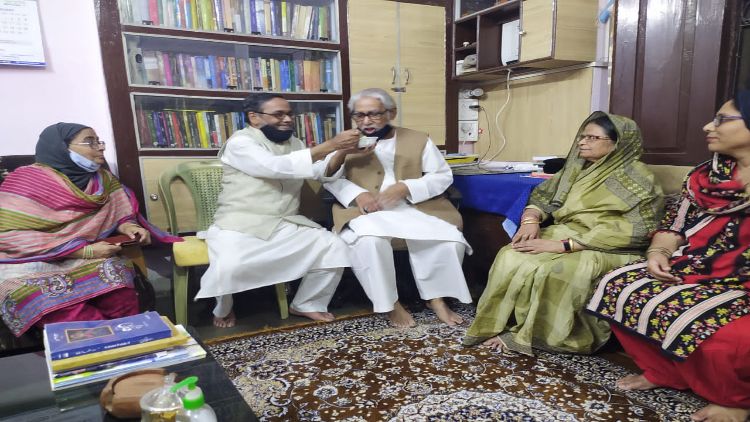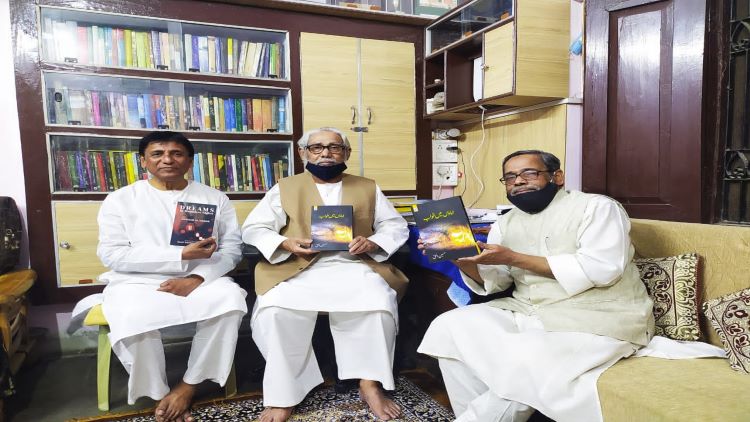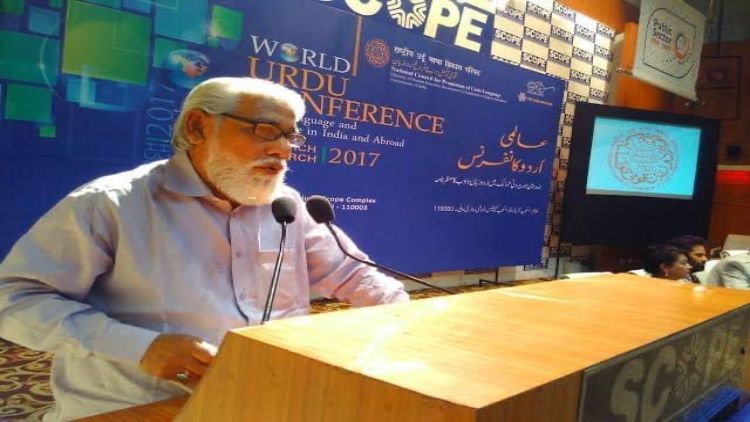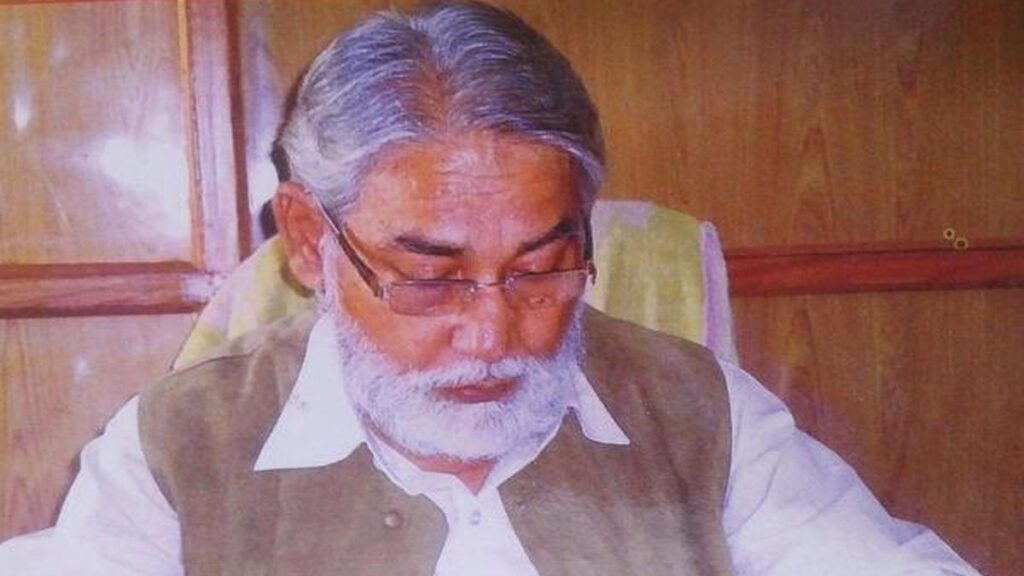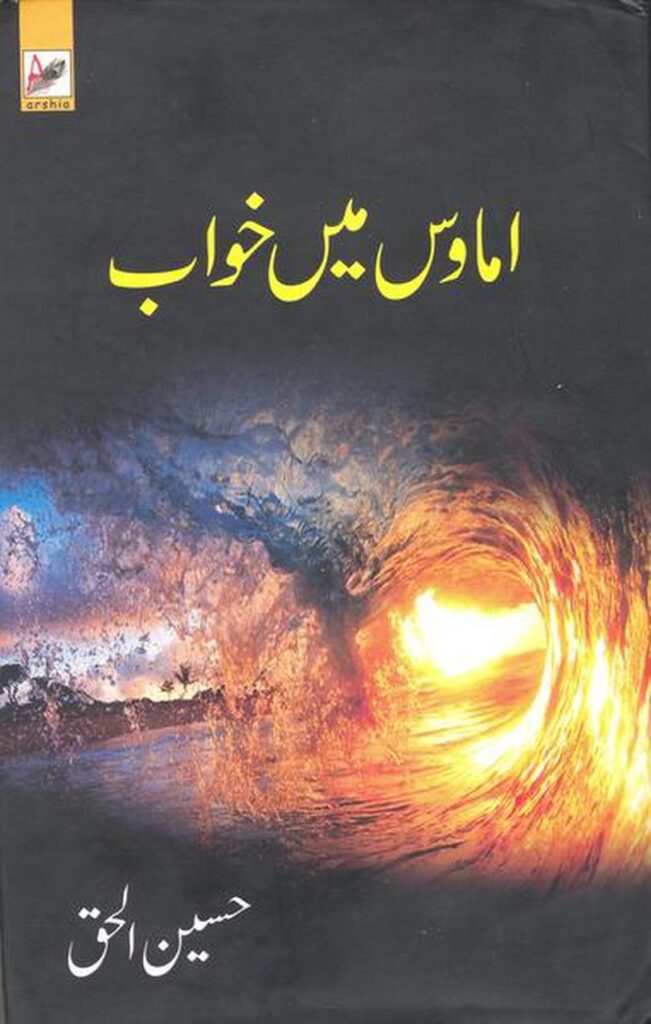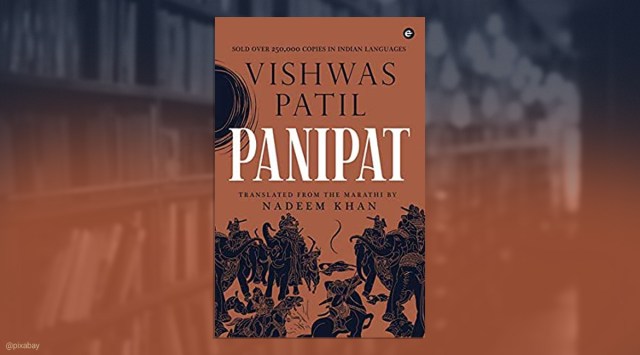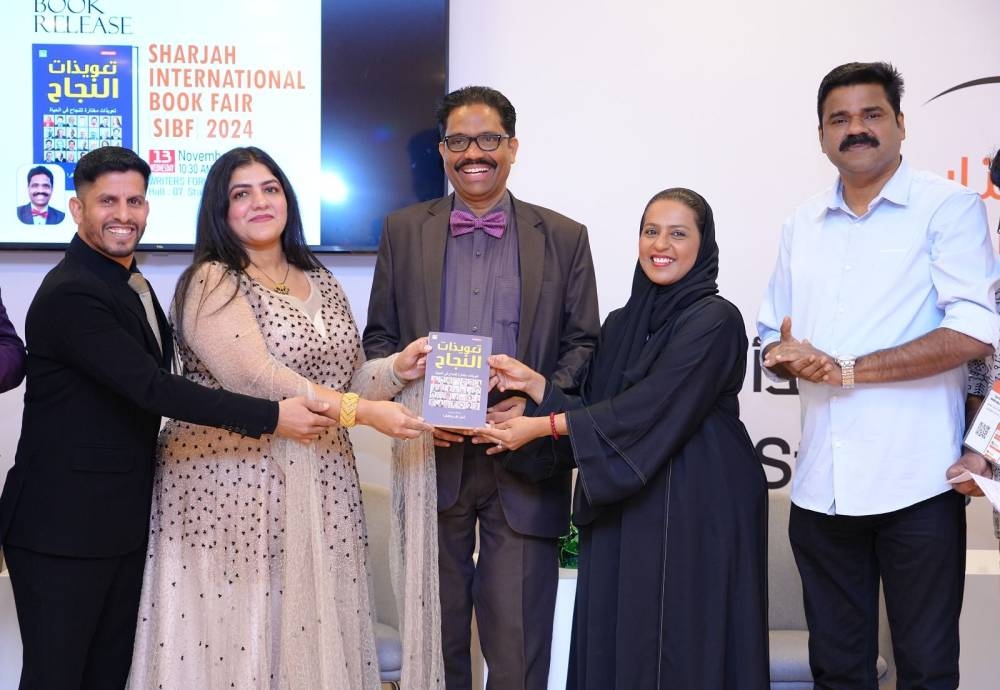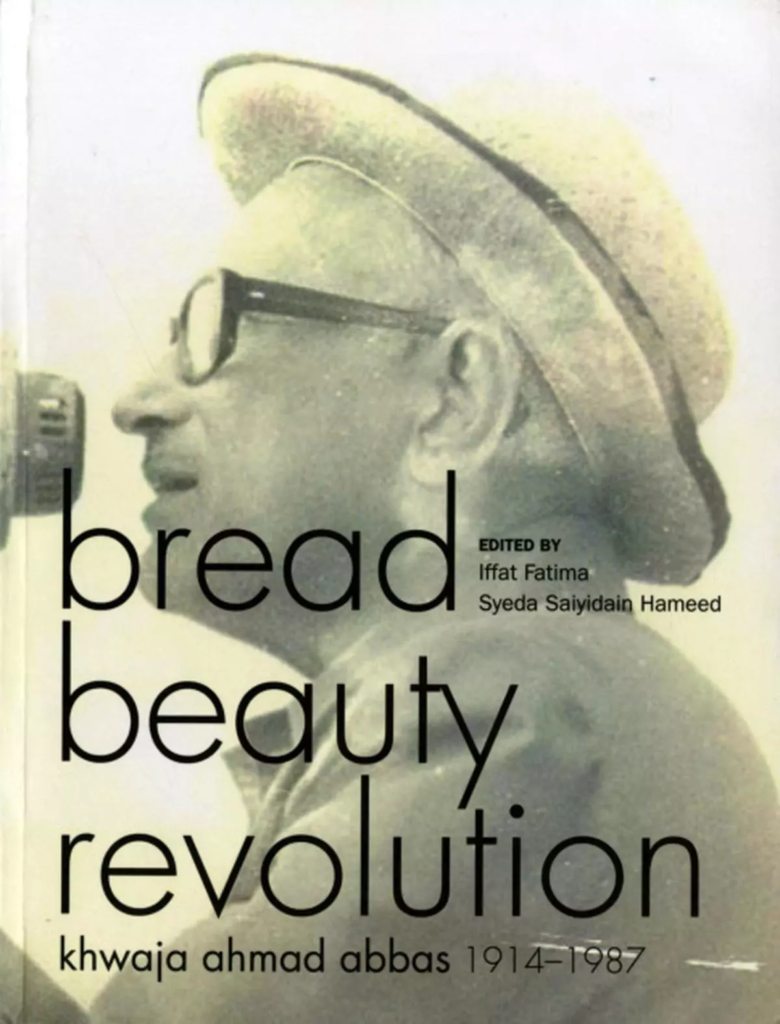NEW DELHI :
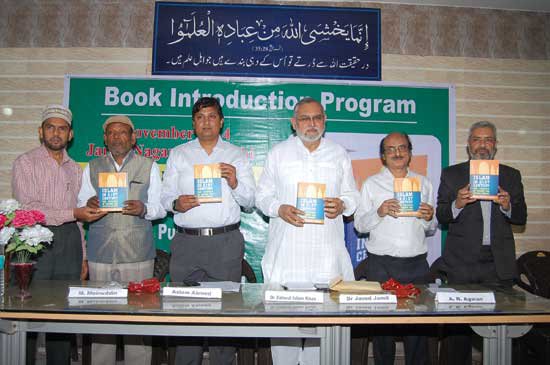
In a book introduction programme held here on 2 November, the author of the book “Islam in 21st Century: The Dynamics of Change and Future-making”, Abdul Rashid Agwan anticipated that Muslims will play their constructive role in the third millennium as effectively as they played it in the past two millennia, especially during the current century.
The author based his optimism on extensive data he collected regarding recent developments in the Muslim World. He underlined that during the past decade or so the average literacy rate of Muslim countries has increased from 40 percent to 72 percent, the number of universities has gone up from 500 to 2137, the graduation enrolment rate and the rate of science research publications have been improving faster there than in other parts of the world. He also mentioned that the average GDP growth in OIC countries was 6 percent during the last decade in spite of serious turmoil in parts of the Muslim World. He argued that powered by the increasing strength on many fronts and aided by sound vision and proper strategies, Muslims can shape a better future not only for themselves but also for the mankind at large.
Agwan further argued that the western strategies of oil wars and terrorism have not yielded much for the USA-led countries. They have rather caused the USA huge revenue loss, economic recession, failure in diplomacy, loss of credibility, widespread impoverishment of veterans who fought in Afghanistan and Iraq, revival of Russian clout in global affairs, total absence of America from Afghanistan’s mine auction. This was called “a decade from hell” by Time magazine. Agwan further mentioned that the situation has so much gone contrary to the western aspirations that the current century is gradually turning into an Asian Century rather than an American Century as envisaged under a unipolar world.
Journalist and author, Dr Zafarul-Islam Khan said in his presidential remarks that in spite of the positive growth story of many Muslim countries, the gap in terms of quality between the West and the Muslim world is still very wide and this calls for Muslims’ accelerated endeavours on all fronts of human development. He felt a dire need of promoting think-tank activities in the Muslim World and emphasised on innovation and science-research output. Dr Khan was critical regarding lack of freedom in many Muslim countries and wished that the Muslim leadership should rise to the occasion and generate a better environment for development and progress.
While presenting his keynote address on the occasion, well-known author Dr Javed Jamil welcomed the publication of this thought-provoking analysis of the present day standoff between the West and the Muslim World and also for coming out with some wise proposals as a roadmap. Dr Jamil aspired that academics should undertake deeper studies regarding the anti-human policies of the western world and make the global society aware about their pernicious impact on human life at large.
A written note of Dr Mohammad Rafat, professor in physics in Jamia Millia Islamia, was read out during the presentations. He stated that the given book could be included among those few works which have focused on the issue of change and future-making. He expected that Muslims will take proper initiatives and make conscious efforts in this fast-changing world and play their guiding role in future.
Advocate Aslam Ahmed Jamal, the assistant general secretary of All India Educational Movement, appreciated views of the author regarding the nature of change and stated that the book can make a prompting impact on the mind of educated Muslim youths who are serious to contribute some way in shaping human future.
Mohammad Moinuddin, former assistant registrar of Jamia Millia Islamia, briefed the audience about various academic and social contributions of Abdul Rashid Agwan and appreciated that he wrote the book while bed-ridden for more than two years recovering from a crippling condition called paraplegia, which speaks of his optimism and also of the book that inculcates hope and optimism in its readers towards the realization of a better world not only for Muslims but also for the mankind at large.
The publisher of the book, Gloriords Publications, Shahabuddin Yaqub, wished that Muslims would develop deeper faith on God and deliver their best in future without bothering about the vicissitudes of time. He reminded that the very advent of Islam was from a wretched land sandwiched between two contemporary super-powers, Rome and Persia, which were reluctant to rule Arabia but became its early causalities within a few decades. Therefore, he said, physical conditions are not that much important for the believers as regards future-making than the depth of their faith and commitment.
(For more information about the book, visit islamin21stcentury.com)
source: http://www.milligazette.com / The Milli Gazette / Home> National> News / by The Milli Gazette / November 28th, 2014

